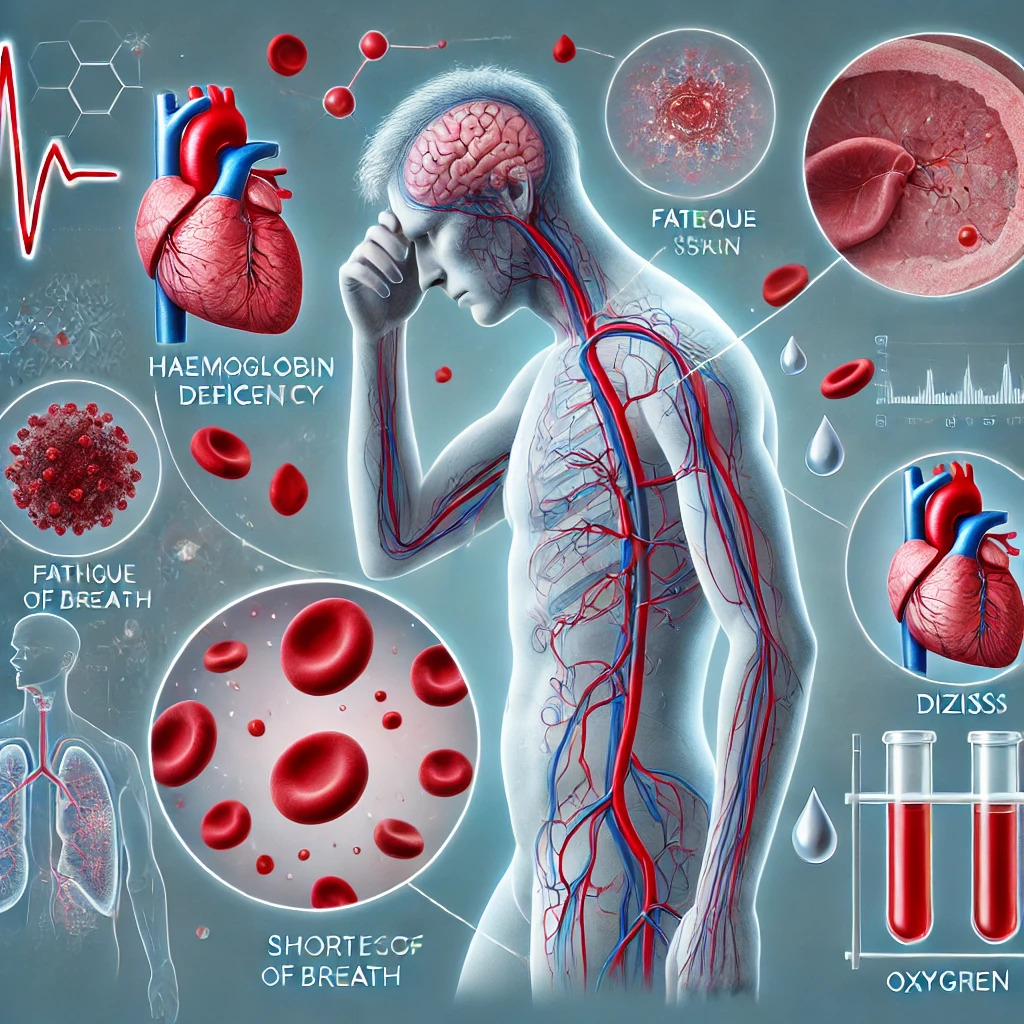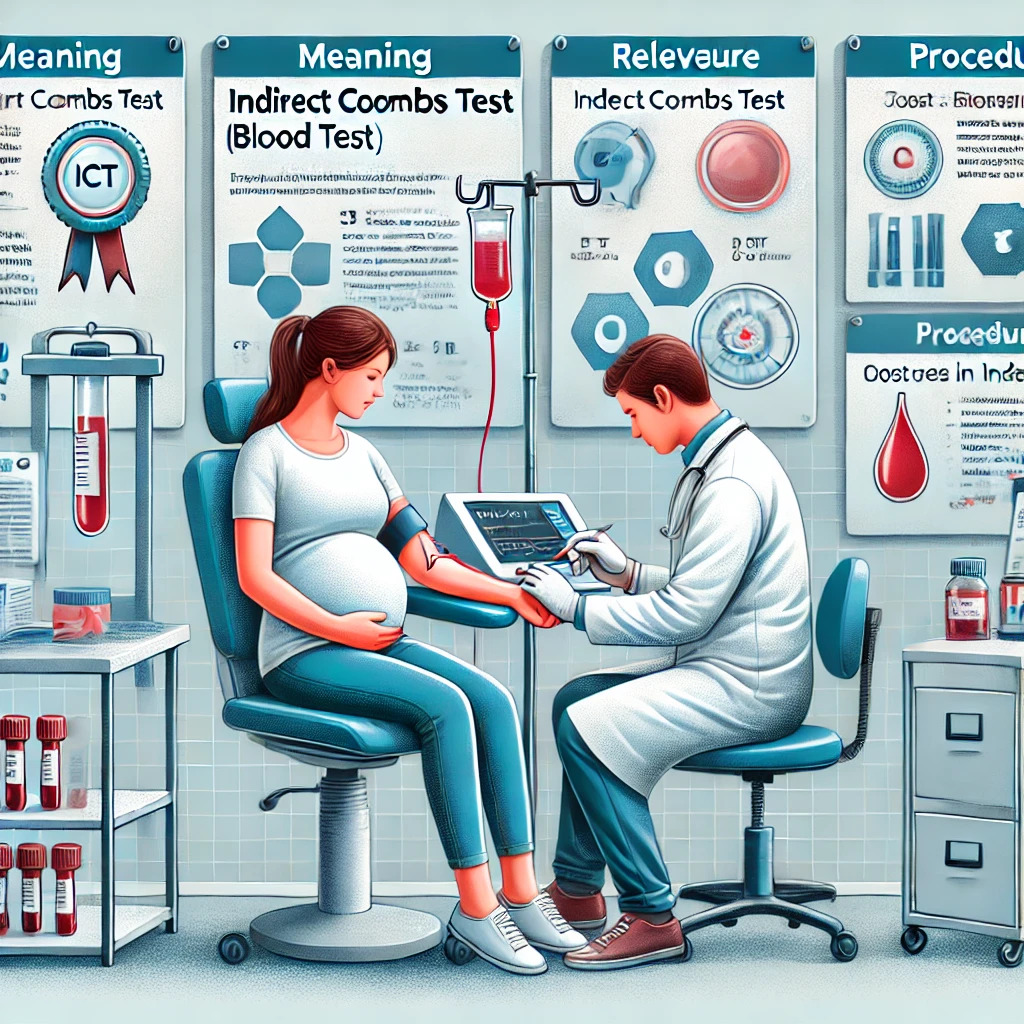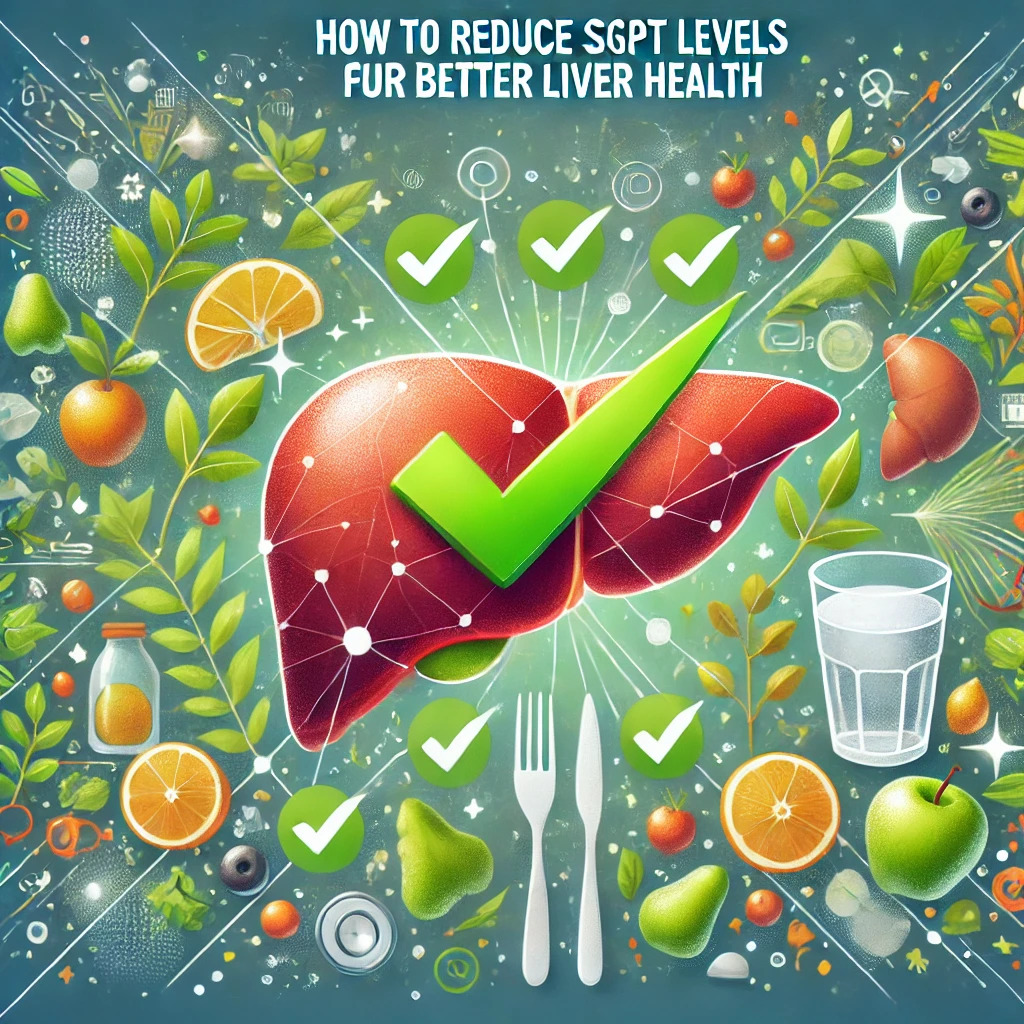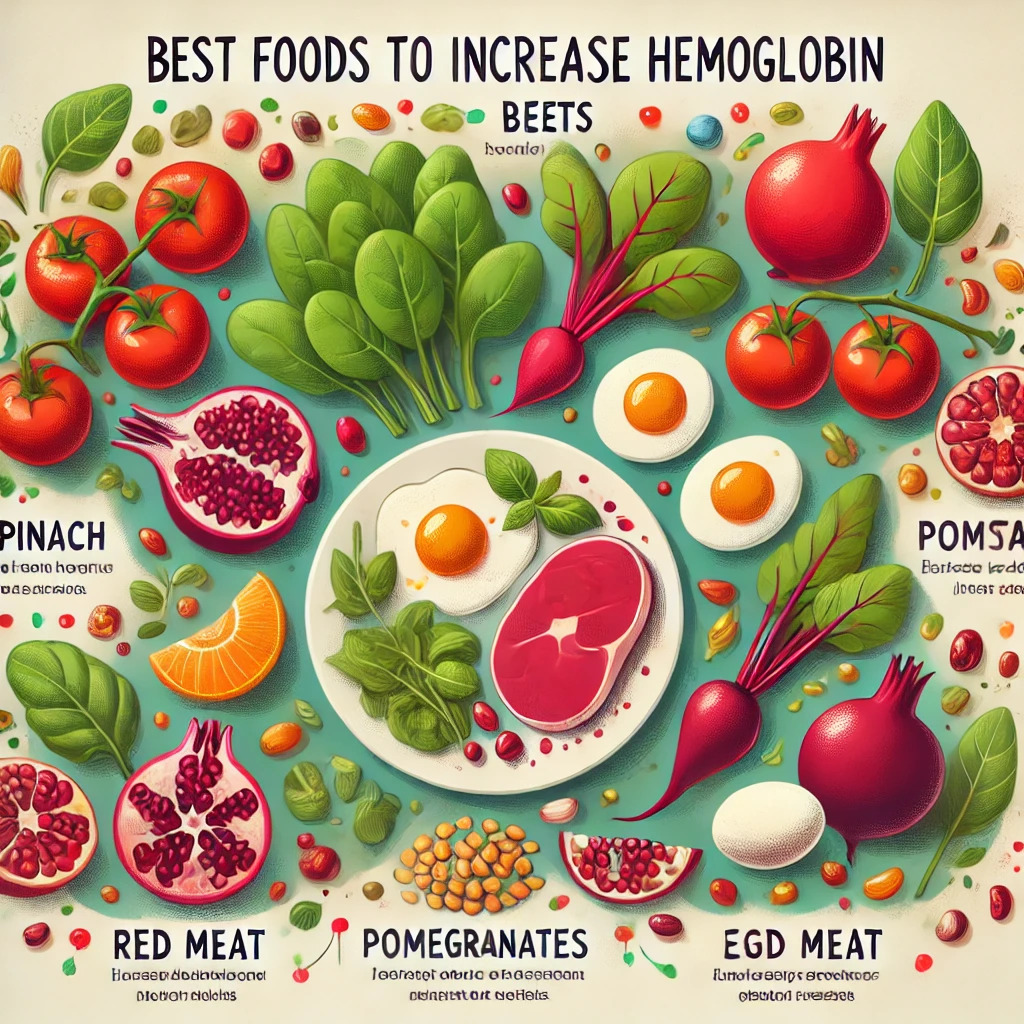Chest Pain Due to Gas: Causes, Symptoms, and Home Remedies
.jpg)
Have you ever wondered if you can have chest pain because of gas?
The answer is yes, and it is quite common. When the intestinal gas gets trapped and can't find a way out, it can back up causing intense pain in the chest. It has sent many people to the ER thinking it is a heart attack.
In most cases, you can differentiate between left chest pain due to gas and a heart attack. But if there is any doubt, there are risk factors or the pain is intense and accompanied by warning symptoms, do seek emergency care at the earliest. Learn more about how trapped gas produces symptoms.
Left-sided Chest pain due to gas- An overview
The digestive system is a path through which we provide nutrition to the body but it is also a road through which some of the wastes exit our body. Gas can be formed in our digestive systems for a number of reasons and sometimes one can have an excess of it.
Under normal circumstances, it would exit either as a fart or as a belch/burp when it travels up. But when a person is unable to pass gas from either route, it will cause discomfort which can also include chest pain. Through this article, we will learn about the causes of excess gas, its symptoms, and how you can differentiate it from a heart problem.
Gas in Chest Symptoms
Gas pain symptoms in the chest are caused by excessive gas that accumulates in the digestive tract and backs up. These symptoms are generally triggered by consuming some foods and drinks or due to certain health conditions.
These symptoms include:
- Burning sensation in the chest and/or upper abdominal region
- You may also feel tightness in the left or right side of your chest
- Sharp pains in the abdomen and chest
- Farting
- Belching or burping
- A feeling of indigestion, fullness
- Bloating
- Nausea
- Loss of appetite
- Acid reflux
- Pain from the chest may spread to the abdomen area
This pain and discomfort should be relieved once you pass gas or your digestion normalizes.
You will be able to tell the difference from heart-related pain as pain due to cardiac issues will be either in the center or towards the left side of the chest. It can last for 20-30 minutes or come suddenly, go down, and come back again.
You may also have:
- Palpitations
- Faster or slower heart rate
- Dizziness, lightheadedness or fainting
- Pain spreading to the shoulder and arm
- Pain going up to the neck and jaw
- A feeling of suffocation or doom
- Pressure in the chest region
In most cases, you will have pre-existing risk factors like a family history, obesity, high cholesterol, high blood pressure, diabetes, heart disease, bad lifestyle, etc.
If your chest pain is bad enough with or without these symptoms, you should not delay getting medical attention. Sometimes the symptoms of heart-related pain may not be obvious enough.
Everyone has a different experience of pain which is why it is best to see a doctor to know if there is a serious issue.
Causes of gas pain in the chest
This pain is typically felt in the lower chest and most often with some discomfort in the abdominal region. It is most often preceded by the consumption of a culprit food or the worsening of a pre-existing digestive issue.
The causes may include:
- Consuming a non-compatible food or drink like dairy if you are lactose intolerant, wheat if you have gluten-related disease, etc
- Drinking carbonated drinks leads to the build-up of excess gas
- Eating lots of fiber like in beans, lentils, and other cruciferous vegetables can also lead to excessive gas formation in the digestive tract
- Starting some new medicines like NSAIDS, other painkillers, antacids, etc., can also lead to the build-up of gas in the beginning
- Swallowing excess air while exercising, drinking/eating food, chewing gum, etc can cause chest discomfort due to gas
- If you have GERD or having indigestion, you can face chest pain because of gas
- Irritable bowel disease, gallbladder issues, and inflammatory bowel disease can also cause issues if there is a flare-up
- Food poisoning due to a viral or bacterial infection can cause these symptoms along with vomiting and loose motions
- Artificial sweeteners can be a precipitating factor too
- There may be delayed stomach emptying or obstruction due to some types of cancers
Home Remedies for Chest Pain Due to Gas
Some simple home remedies may be enough to alleviate your symptoms and save you the trouble of undergoing unnecessary tests.
This is what you can do when you are sure that your abdominal or chest pain is due to gas:
- Gentle movements and exercises like certain Yoga poses and walking can help move the trapped gas.
- Self-massaging your tummy gently can also help you pass the gas.
- Ginger tea, candied or pickled ginger, or warm water with dry ginger powder can help with digestive issues like trapped gas.
- Avoiding medications that can cause constipation or slow down movement in the gut like NSAIDS, allergy medications, etc. can also help to avoid the recurrence of such issues.
- Warm water and herbal teas can relieve constipation which can relieve the symptoms and these can also help expel the gas.
- Taking over-the-counter remedies for gas and acidity can also provide relief.
- Abdominal breathing exercises can be used for relief as well.
- Hot packs may be helpful too.
Conclusion
In most cases, you can easily differentiate between heart-related pain and chest pain due to gas. But if you are not sure or the symptoms are severe, you need medical attention.
Even excessive gas and frequent digestive issues must be assessed by a doctor.
Heart-related pain is a serious issue that may be accompanied by symptoms like palpitations, sweating, pain in arms and shoulders, dizziness, tachycardia, etc., and you should seek emergency care.
You can pinpoint culprit foods or medicines that induce gas-related pain in your case. You can eliminate or reduce the consumption of these foods and talk to your doctor about the medicines.
You may need a stool test, a test for food intolerance, or a full body checkup for gas pain in the chest or abdomen. At O-Lab, we provide these tests at the best prices and with accurate reporting.





